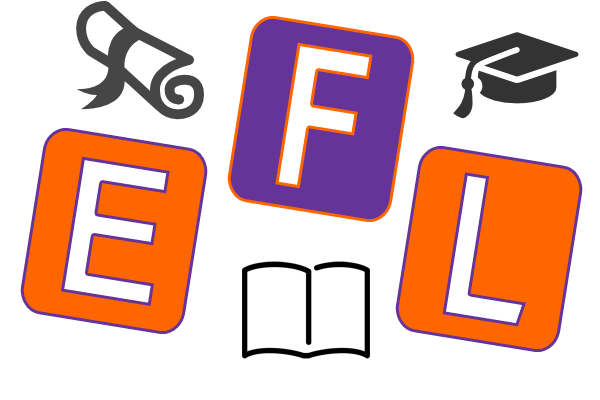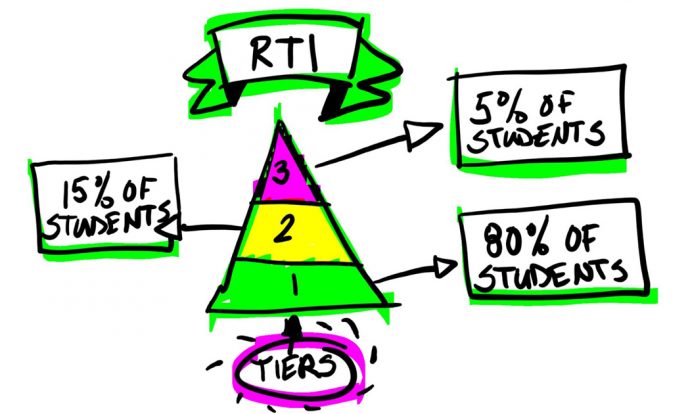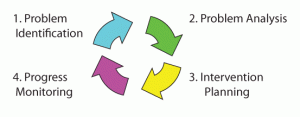Interventions in student achievement can be the easier part once you know what the problem really is. When achievement related interventions become difficult is when they are implemented based on information that is faulty or incomplete. Interventions done haphazardly without making the most informed decisions possible become a waste of time and money, a shot in the dark if you will. So in this regard, a wise instructor will view interventions and the problem-solving process as inseparable twins.
In the universe of educational interventions to address gaps in achievement an arsenal of tools can selected to tackle issues in reading comprehension, written expression, math, decoding skills, language, and task related issues. Nevertheless, the interventionist’s skill lies in being able to pinpoint not only what the child is doing wrong or inefficiently and what area is deficient, but also why they are doing it. Knowing the “why” allows an instructor to probe deeper and apply the right tools that will hopefully break the cycle of what they are doing wrong or inefficiently.
No intervention is useful even if it is effective without data to look at and compare a child’s beginning point and condition after an intervention is applied. This comparison of data is the evaluation of the effectiveness of the intervention and the last step in the process of defining, selecting a plan of action, implementation, then looking at effectiveness. If the intervention, by looking at data has proven to be effective it is only a matter of time with consistent application that a student will begin to close his or her gaps in achievement.
RTI (Response to Intervention), an MTSS (Multi-tiered System of Support), is the system public schools are using to identify children who are falling through the cracks and hopefully intervene before it’s too late. Schools triangulate a student’s level of need or Tier based on testing scores, curriculum-based measurements, and growth measures.
RTI can be very effective if done with fidelity and consistency. However, many times it fails to hit the mark in public schools because it is not well understood – even by teachers; misfires also occur when a child’s problem has not been well defined, It is seen as… “just one more thing to do,” or it used only as a path to special education resources.







Most Commented
Assessment
No CommentsIntervention
No CommentsEnrichment
No Comments